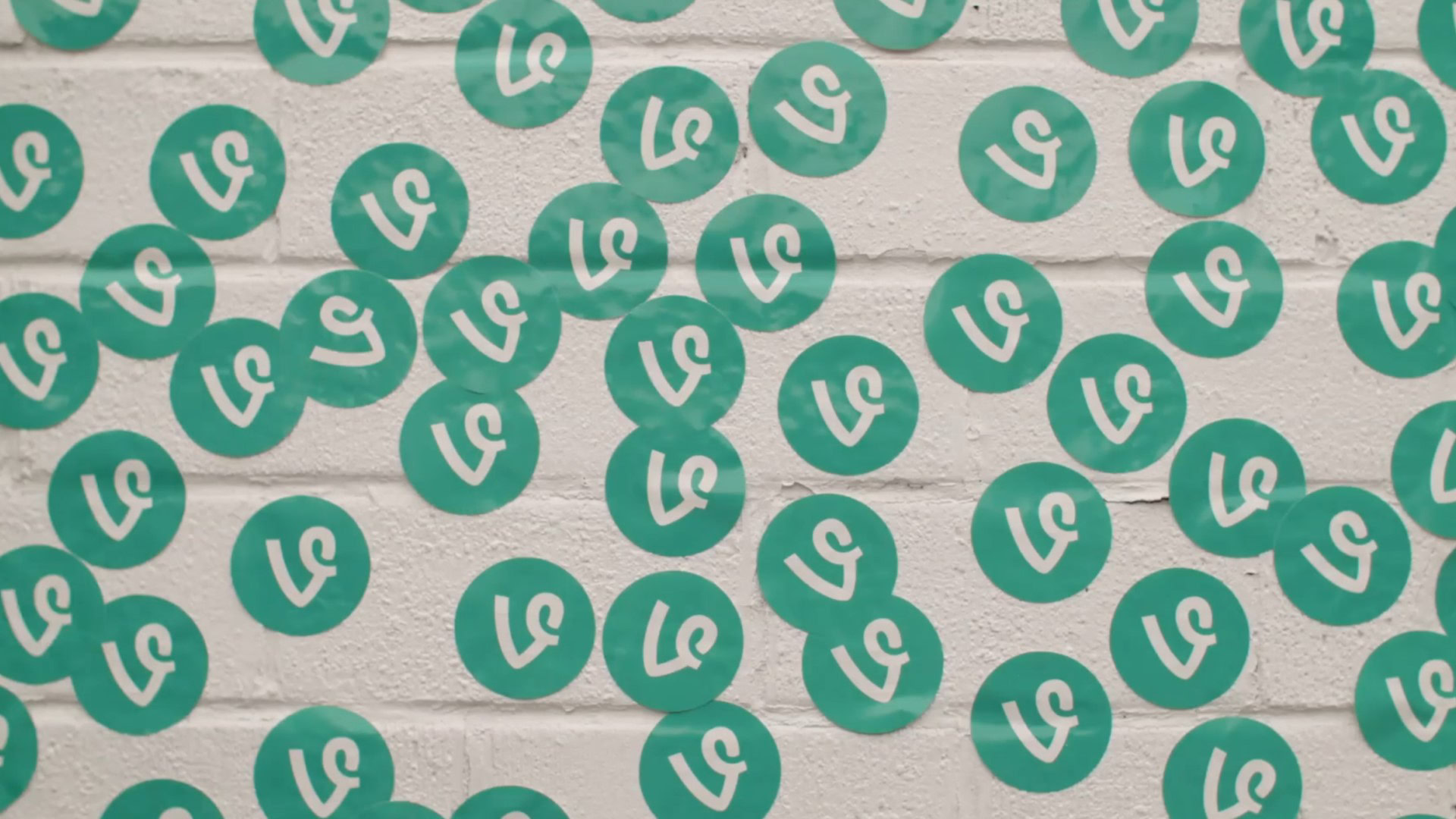Short-form video is everywhere in 2025. From TikTok to Instagram, YouTube to Snapchat, you’ve got no shortage of options to turn to when you’re looking to scratch this particular itch. But the landscape wasn’t always this vast, and not all the early pioneers of short-form content made it through that evolution unscathed.
While Snapchat was arguably the first snowball to get rolling here, it wasn’t long before it was followed by Vine. And before Vine even had a chance to release its mobile apps, it found itself acquired by Twitter. That early Twitter interest really helped drive the platform’s success, and the limitation of its six-second clips encouraged creativity from a new generation of creators, with many now-prominent names first finding success on Vine.
A few years later, though, everybody was basically doing their own take on Vine, with many social platforms introducing native support for short-form video. And right as Twitter started deprioritizing Vine, blocking new uploads ahead of shuttering the service entirely, TikTok emerged to essentially steal Vine’s crown.
That’s basically been the world we’ve lived in for the past eight years, with Vine relegated to our memories of short-form-video nostalgia. But 2025 is a messy, weird year, and anyone with an iota of power can quickly find themselves getting away with just the worst ideas they’re able to think up.
So of course that includes Elon Musk.
Yesterday, on nuTwitter, Musk ominously posted his intention to bring Vine back “in AI form.”

That phrasing alone should be sufficient to send a small chill down your spine. Bringing things back that already ran their course can be a fraught enough proposition on its own, but when that effort immediately seeks to also transmute that nostalgia into something new… this is practically shoving a red flag down our throat. Pogs didn’t save ALF, and AI won’t save Vine.
Easily the biggest question here is what “Vine but AI” would even look like. At a high level, it’s not hard to think about what Musk and his fellow AI advocates might picture a tool like this offering when there’s no other limiting factors in play: a system that takes user input (or better yet, just knows what they want based on past analytics) and endlessly churns out generative short-form video content in response.
To a certain mind, that probably sounds perfect — no creators to worry about, no trends to chase, just users saying what they want and the service making it appear. Of course, while that’s currently not so far-fetched an idea that we don’t even have to talk about it, it’s also nowhere near anything approaching economically viable.
Pogs didn’t save ALF, and AI won’t save Vine.
Tools like Google’s Veo 3 might make it feel like an AI-powered bottomless video spigot is out there waiting for us to open, but right now such solutions are far too slow and power-hungry to be practical on any kind of scale like we’d need for a public video app.
OK, so what else could AI-Vine be? Well, the next best (worst?) version would probably be a hybrid between what we just described and the Vine of the past, only using AI to generate boatloads of videos across all manner of popular subjects in advance, and then serving them up to users later. This has the benefit of at least sounding remotely practical.
Why is there a basket directly above the middle of the court? Just like this Veo 3 clip, don’t expect anything you see in AI-Vine world to make any sense.
Would creators be involved at all? So far we’ve been talking about systems where Musk’s AI would be responsible for basically all the content being served up, but that doesn’t necessarily have to be the direction a project like this would go. Maybe “Vine in AI form” would be pretty much the same as OG Vine, but now explicitly embracing creators who lean heavily on AI, as we’ve started seeing YouTube do.
On our sliding scale of likelihood, this one sounds maybe the most practical yet, but also a bit underwhelming — less “AI form” and more “just like every other video platform in 2025.” Which would also have us wondering what’s the point of even doing this at all.
Maybe that’s the most frustrating component of this discussion. We’ve been splitting hairs over exactly what an AI-ified Vine would look like, but the anxiety we’re feeling that drives this is less about Vine in particular and more about the depressingly widespread appeal of AI content.
Perhaps it’s just that Vine was from an era where creators were constantly hustling to make a name for themselves in that then-nascent space. Those attempts didn’t always work; just like now there was plenty of low-effort, cringe content out there. But others were discovering what really played, building up audiences of fans and bringing us back to Vine again and again.

Those creators have all moved on, though, and if Vine were to reappear today, maybe the only way to avoid a massive content vacuum really would be tapping in to AI tools to build up a new video library.
Discerning viewers aren’t likely to find a Vine like that particularly appealing. But if Musk’s disastrous influence on Twitter has taught us anything, it’s that even services that are deeply unappealing to users with taste don’t have to worry when they have the vast depths of the internet to tap into.
There are absolutely legions of people out there who would love nothing more than spending their days watching one AI-generated six-second video after another. And I hope they never get what they want.








